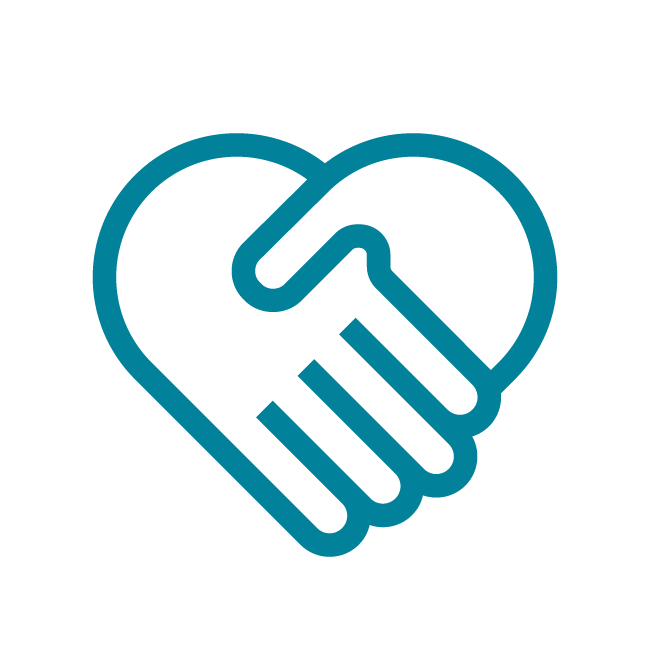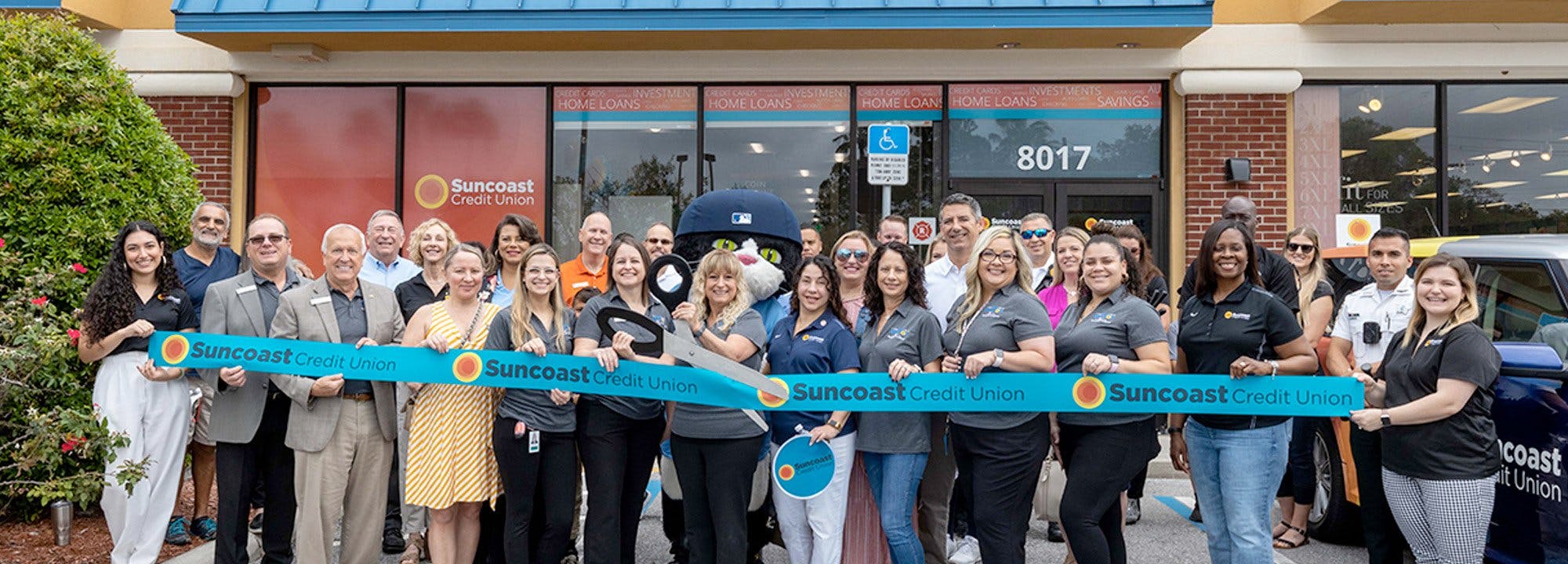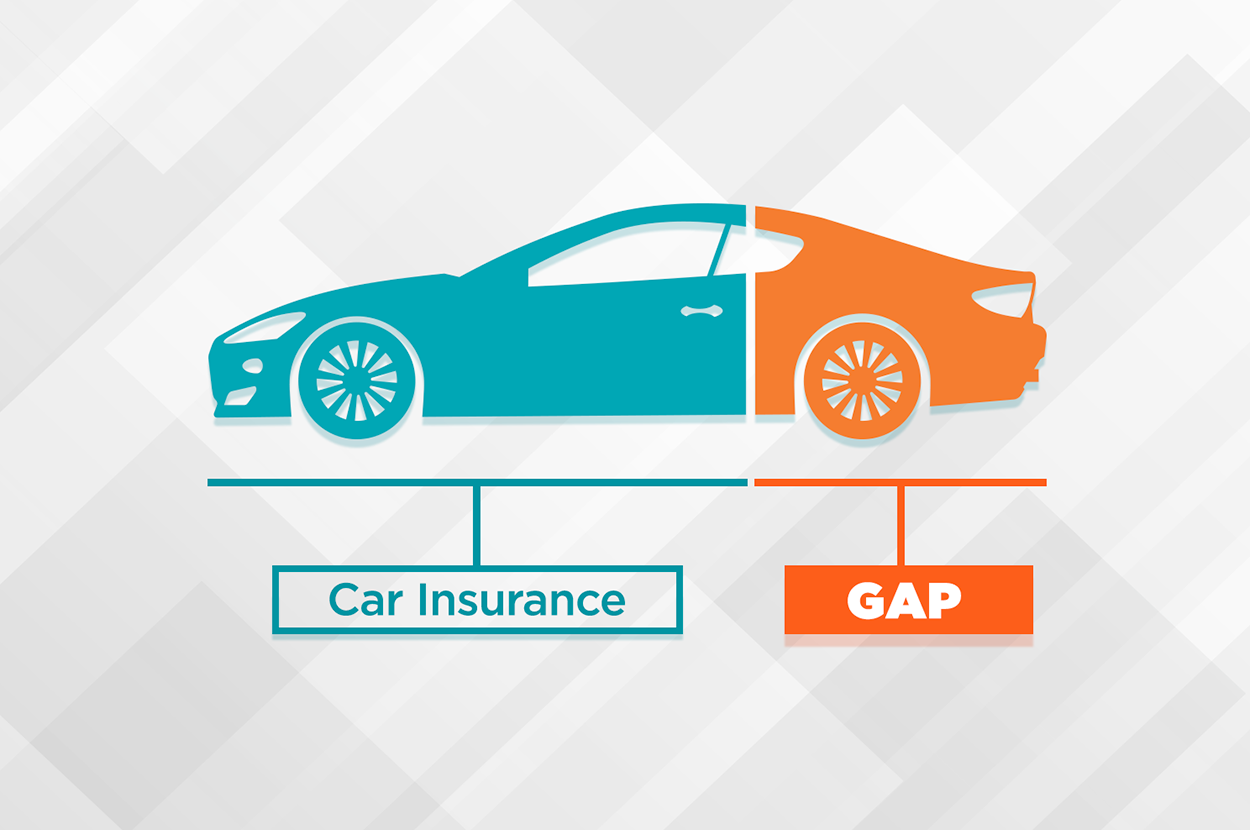Plan and Retire
How to Choose: Credit Unions vs. Banks
December 29, 2020

Credit unions and banks are types of financial institutions where you can keep and manage your money or get the financial services you need.
The differences between credit unions and banks revolve around the way they operate, how the rates and fees work, and who can join.
Ownership is a Major Difference between Credit Unions and Banks
The reason why credit unions and banks operate differently is because they have different ownership structures.
Banks are for-profit institutions. This means they have shareholders who own the bank. These shareholders operate with the goal to make themselves the highest profit possible.
Credit unions are not-for-profit cooperatives. This means they are owned by their members. Credit unions operate with the goal to help their members meet their financial needs.
These operational differences impact a lot of areas. For example, banks have customers and credit unions have members. This reiterates the point that banks aim for profit while credit unions aim to serve needs.
With credit unions, the board of directors is run by volunteers. When they meet, members are allowed to provide input on how the institution is run. Since the credit union is owned by members, they get a say in the process. With banks, customers do not get to participate in board decisions.
Since credit unions return profits to their members, they often can offer more free services than banks can. Credit unions also offer free financial education to help members reach their goals and protect themselves from fraud.
Another way that credit unions return profits back to members is by using them to support the local community. Making a positive difference is a big part of what credit unions stand for.
Credit unions participate in community events, volunteer for nonprofit organizations, and provide charitable donations, scholarships, and grants. Banks may give back on occasion, but typically returning profits into the community is not a regular part of the way banks operate.
How Rates and Fees Work for Credit Unions vs. Banks
Credit unions and banks offer many of the same types of products and services, from everyday banking to services like mortgages, retirement planning, and insurance needs. But while the services are similar, the rates and fees run differently.
Whether or not a financial institution operates for profit also impacts the way that rates and fees work. Since banks aim to make money, charging higher interest rates on loans and including fees on services can help to increase their profit margin.
For credit unions, profits are returned to the members. This allows credit unions to have lower interest rates on loans and offer more services that don’t include fees.
This difference also applies to dividend rates. For a bank, paying higher dividend rates for customers with savings accounts might cut into their profits. Credit unions may offer higher returns for members with savings accounts because it fits with their mission of returning profits to members.
Who Can Join Credits Unions or Banks
Another difference between credit unions and banks is who can join them. Banks are typically open for anyone over the age of 18 to join. Credit unions often have eligibility requirements that specify who can join.
Keep in mind, the eligibility requirements for credit unions vary. While there are some that might be specific to a particular group of people, like people who work in a specific industry, a lot of credit unions have broad eligibility opportunities to join.
When considering whether to join a bank or a credit union, keep in mind that many credit unions have co-op structures when it comes to services like free ATM use. This means that even if there are fewer physical locations of the credit union near you, there could be other free ATMs available for you to use.

Live Your Best Life with Suncoast Credit Union. Learn more about why you should bank with Suncoast on our blog. Or if you’re ready, you can join today!
Category
Plan and Retire
Tags
Find a Branch or ATM
We’re local, serving multiple counties in Florida


